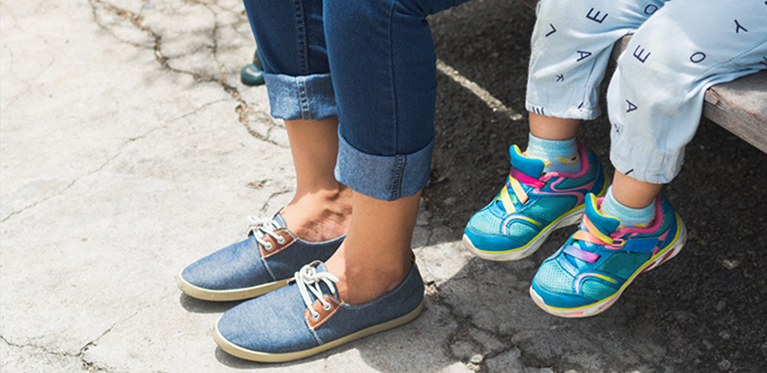Since 2015, over 7 million Venezuelans have been forced to leave their homes, seeking refuge predominantly in neighboring countries across Latin America and the Caribbean. The displacement is typically accompanied by vulnerability and marginalization, yet there is a scarcity of actionable evidence on how to alleviate poverty among immigrants and refugees and facilitate their economic, political, and social integration. This study evaluates the impact of a cash-based intervention (CBI) on multidimensional integration outcomes of highly vulnerable Venezuelan immigrants, predominantly women, residing in Peru. Utilizing an original panel survey of beneficiaries and the staggered rollout of the program, which provided a one-time payment of 760 soles (approximately 190 USD or 74% of the monthly minimum wage), we estimate that the CBI increased the IPL-24 index—an overall measure of immigrant integration capturing several dimensions—by at least 0.12 standard deviations. Moreover, the CBI boosted self-employment by 2 percentage points and raised the intention to emigrate from Peru by 1.2 percentage points. Additionally, our heterogeneity analysis reveals that the benefits of the fixed-amount cash payment diminish significantly with the size of the household. We discuss how these findings inform the design of future CBI programs aimed at supporting vulnerable immigrant and refugee families.

2024
World Development


